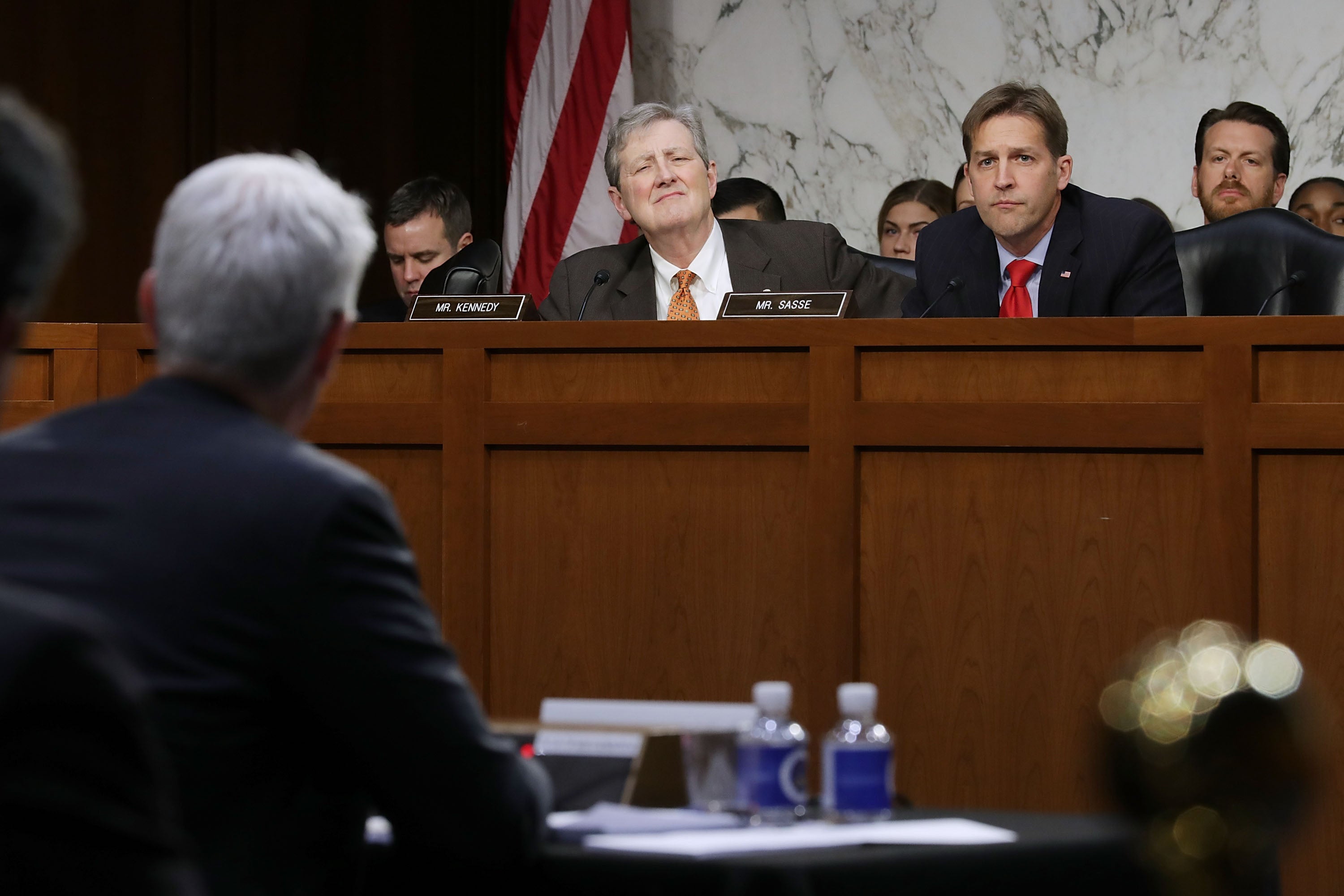
Lawmakers from the U.S. Senate took swings at major technology companies in a hearing on Wednesday for failing to intercept a Russian campaign to manipulate American voters ahead of the 2016 presidential election.
Wednesday’s session was the second of three on Capitol Hill this week and involved executives from Facebook, Google, and Twitter. Members of the Senate intelligence committee were unequivocal in their criticism of the role of social media in the incident.
“I don’t think you get it,” Sen. Dianne Feinstein (D-Calif.) said. “What we’re talking about is a cataclysmic change. What we’re talking about is the beginning of cyber-warfare. What we’re talking about is a major foreign power with sophistication and ability to involve themselves in a presidential election and sow conflict and discontent all over this country. We are not going to go away gentlemen. And this is a very big deal.”
Feinstein’s remarks illustrated increasing frustration by legislators that the tech companies should have taken a more active role in preventing the Russians’ manipulation—particularly as they aggressively lobby Washington lawmakers on other issues.
“You bear this responsibility. You’ve created these platforms. And now they are being misused,” Feinstein added. “And you have to be the ones to do something about it. Or we will.”
Facebook general counsel Colin Stretch, Google general counsel Kent Walker, and Twitter acting general counsel Sean Edgett were on the receiving end of the remarks, an extension of a challenging week in Congress. (On Tuesday, Sen. Al Franken also laid into the tech companies: “How could you not connect the dots?”)
Senators in the Republican party also didn’t shy away from criticism.
“This is about national security. This is about corporate responsibility. And this is about the deliberate and multi-faceted manipulation of the American people by agents of a hostile foreign power,” said Sen. Richard Burr (R-N.C.), chairman of the Senate intelligence committee.
Some 126 million people may have seen content generated by Russian operatives, Facebook recently acknowledged, an increase from previously disclosed numbers. The company also acknowledged that 20 million users of Instagram, which it owns, were also affected.
Google meanwhile said that more than 1,000 videos on its YouTube service were involved in the Russian effort. Twitter found almost 3,000 accounts controlled by Russian operatives and more than 10 times the number of bots used on the service to sway opinion.
One senator seemed to imply that the tech companies weren’t taking the hearings as seriously as they could.
“I’m disappointed you’re here,” Sen. Angus King (I-Maine) told the tech lawyers, “and not your CEOs.”
This article originally appeared on Fortune.
